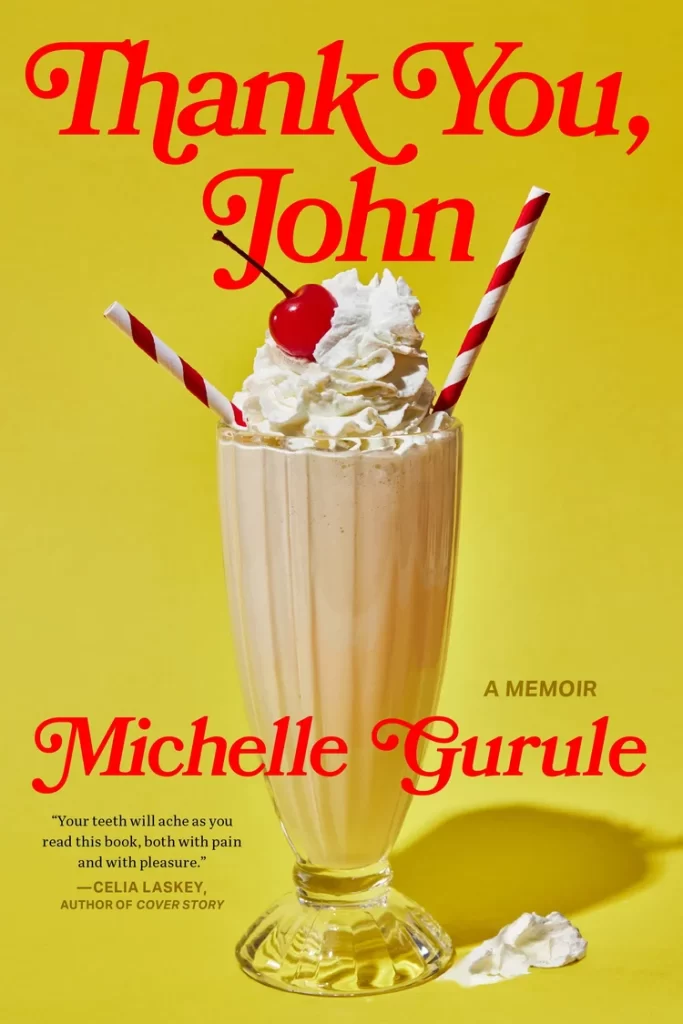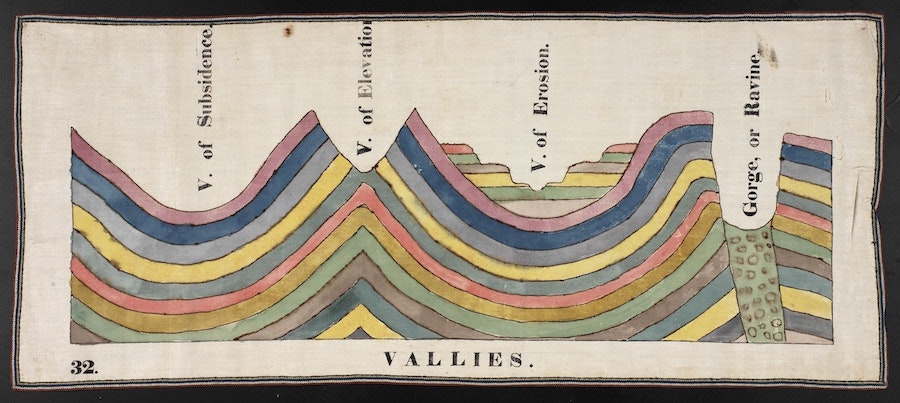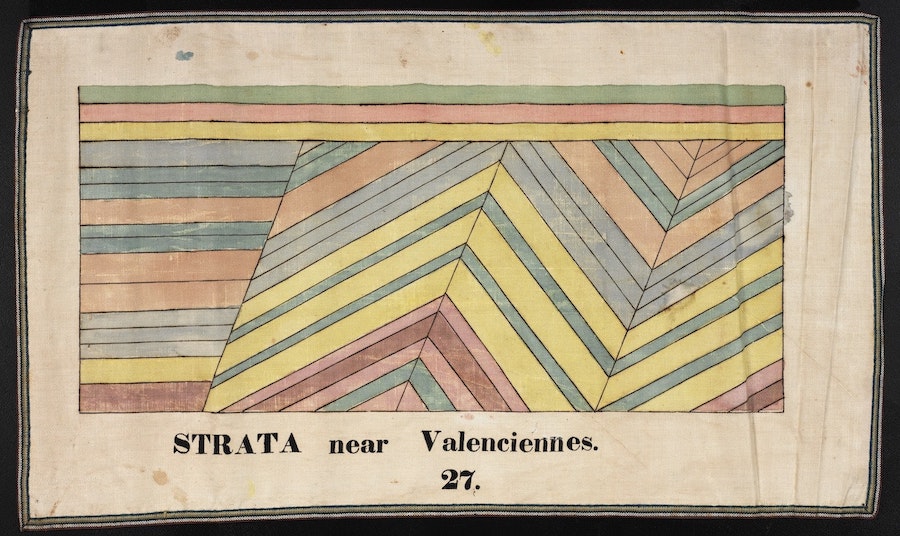“If I must die,
you must live”
– from “If I must die” by Refaat Alareer
What do we do when a poet is killed?
How do we respond—as a magazine, as students, as writers—when a poet is imprisoned, tortured, expelled, exiled? When a poet is executed? When a poet is assassinated?
I know what to do when a poet is censored. Read, distribute, critique, and make a stink, refuse to abdicate the duty of freedom, even if you hate their poetry.
I don’t know what to do when a poet is killed.
It feels insufficient—an insult even—to read their work only after they’re dead. It’s one thing when it’s happened in the past, distant and intellectual. It’s another when it happened yesterday. When the poems they posted on what used to be Twitter are still up.
I thought about making a list. I stopped when I started to feel that perhaps a list is its own insult. What of all the poets that never published? That wrote only in their childhood journals, or kept verses only in their minds, or read poems thinking they’d never be good enough, worthy enough, to put their own to paper? People who didn’t even get a chance to try before someone killed them?
What I do know is that the answer is not ever nothing.
+++
“Everyone has their piece of the pie.”
In every moment of guilt and doubt, in the sucking quagmire of self-pity and despair, LaShawnda Crowe Storm’s words come back to me. She said them, no doubt not for the first time, in the middle of a question and answer session about her work with The Lynch Quilts Project. At the time, hearing them felt like a pressure valve finally opening.
Of course not, I remember thinking. Of course it is not my work alone. How could it be? How foolish and selfish to have ever thought so.
“Work in your slice,” she said.
Years later, a sister quote came to bolster those words, courtesy of prison abolitionist Mariame Kaba: “Hope is a discipline.”
That time the words felt like a bell, high tone and reverb reordering me down to my cells. I was in a different time in my life, and I’d learned the lesson of small work, of folding, washing, cleaning, maintaining. I had started to think about the future as a wheel of days, and not a medal to be won. For one reason or another, those words at that time made everything clearer.
Discipline. She means practice, ritual, intentional and consistent effort.
No single answer is perfect, and there are days when the words feel shattered and empty. On those days, I just say them again. It’s the work that counts, the bravery, humility, and ferocity. The discipline.
+++
I did end up starting that list, slipped into the familiar academic groove of seeking, sorting and categorizing. Even if I hadn’t stopped where I did, even if somehow I found them all, it would be incomplete. How can we quantify the loss without qualifying those who have been lost? What makes someone poet enough to be put on a list of murdered poets?
There is violence in that question.
+++
There is an always an impulse to look away. There is always a way to justify, normalize, and expand the status quo.
What does that have to do with me? This is the way of things. What can I do? What can anyone do?
It feels silly to insist on the word something. Anything gets a little closer, feels a little more forgiving.
I don’t need to warn you. You need only look around.
No answer is perfect. No ally is either.
Work doesn’t need to be perfect to be meaningful, to be worthy. Neither does love, or grief, or rage. Neither does life.
+++
Today, this is my imperfect not-ever-nothing.
An Incomplete List of Poets Who Have Been Murdered by
State, Military, or Paramilitary Action:
Poets who were killed for their political activity:
- Peretz Markis, Soviet Yiddish poet
- Dovid Hofshteyn, Soviet Yiddish poet
- Itzik Feffer, Soviet Yiddish poet
- Leib Kvitko, Soviet Yiddish poet, author[i]
- A Sai K, Myanmar poet
- K Za Win, Myanmar poet
- Khet Thi, Myanmar poet
- Ko Yin Awe, Myanmar poet
- Maung Po, Myanmar poet
- Kyi Lin Aye, Myanmar poet[ii]
Poets who were killed because their work, their lives, became politicized:
- Federico García Lorca, Spanish poet[iii]
- Volodymyr Vakulenko, Ukrainian poet, author[iv]
- Kofi Awoonor, Ghanian poet[v]
Poets who were killed in the course of genocide:
- Pavel Friedmann, Czechoslovak poet[vi]
- Refaat Alareer, Palestinian poet, scholar, educator
- Hiba Abu Nada, Palestinian poet
- Saleem Al-Naffar, Palestinian poet[vii]
+++
If you still want an answer (any answer), here is what I have to give:
Find what is not nothing, and do it.
And then do it again.
Better poets than me are already working, and we need only join them.
Artist Bio:
Lucas Garcia is a first-year poet in UNM’s Creative Writing MFA Program. Their work explores error, regret, queerness, religion, and community. They were most recently published in “Breakfast…?” from Secret Restaurant Press.
[i] All four were executed in 1952 in what’s known in English as The Night of the Murdered Poets, after three years of incarceration by the Soviet Union. They were part of the Jewish Anti-Fascist Committee, formed in part to contend with the impending invasion of Nazi Germany. They were arrested for what was noted as “counterrevolutionary crimes.”
[ii] These six poets were killed by the military junta in the three years since the 2021 coup d’etat in Myanmar for their work in the popular resistance to the military government in what has been called The Spring Revolution.
[iii] Executed in 1936 by right-wing military officers of what would soon become Francisco Franco’s fascist Spanish government. He was persecuted before his murder for being “a socialist and a freemason” and, of course, for his queerness.
[iv] Executed in the spring of 2022 after being abducted multiple times, and ultimately imprisoned, by Russian military officers during the invasion of Ukraine. He wrote in his posthumously published diary that he believed that his pro-Ukranian views and his collection of Ukrainian literature and art made him a target.
[v] Killed by Somali Islamic extremists in September 2013, along with seventy-one others in an attack on a shopping mall in Nairobi, Kenya. While he was likely not personally targeted, Kenya’s military actions in Somalia were cited as the provocation for the attack by al-Shabaab, who claimed responsibility for the incident.
[vi] Murdered at Auchswitz in 1944 after two years of imprisonment at Theresienstadt concentration camp. Friedmann was abducted in Prague as part of Nazi Germany’s genocide of the Jewish people sometime in 1942. Several of his poems, including “The Butterfly,” which he wrote while in Theresienstadt, were recovered and published posthumously.
[vii] These three poets were killed in Israel’s ongoing military bombardment of Gaza since the launch of what in English is called Operation Al-Aqsa Flood on October 7th, 2023. Refaat Alareer was one of the cofounders of “We are not numbers,” a project which paired Gazan writers with international mentors to assist them in writing their stories of living under Israeli occupation in English. Alareer had long been a vocal proponent of Palestinian rights, academics and culture.

![[USED] Merian_Metamorphosis_00022 Colorful drawing of plants and bugs from Merian Metamorphosis.](https://bmr.unm.edu/wp-content/uploads/USED-Merian_Metamorphosis_00022.jpg)


